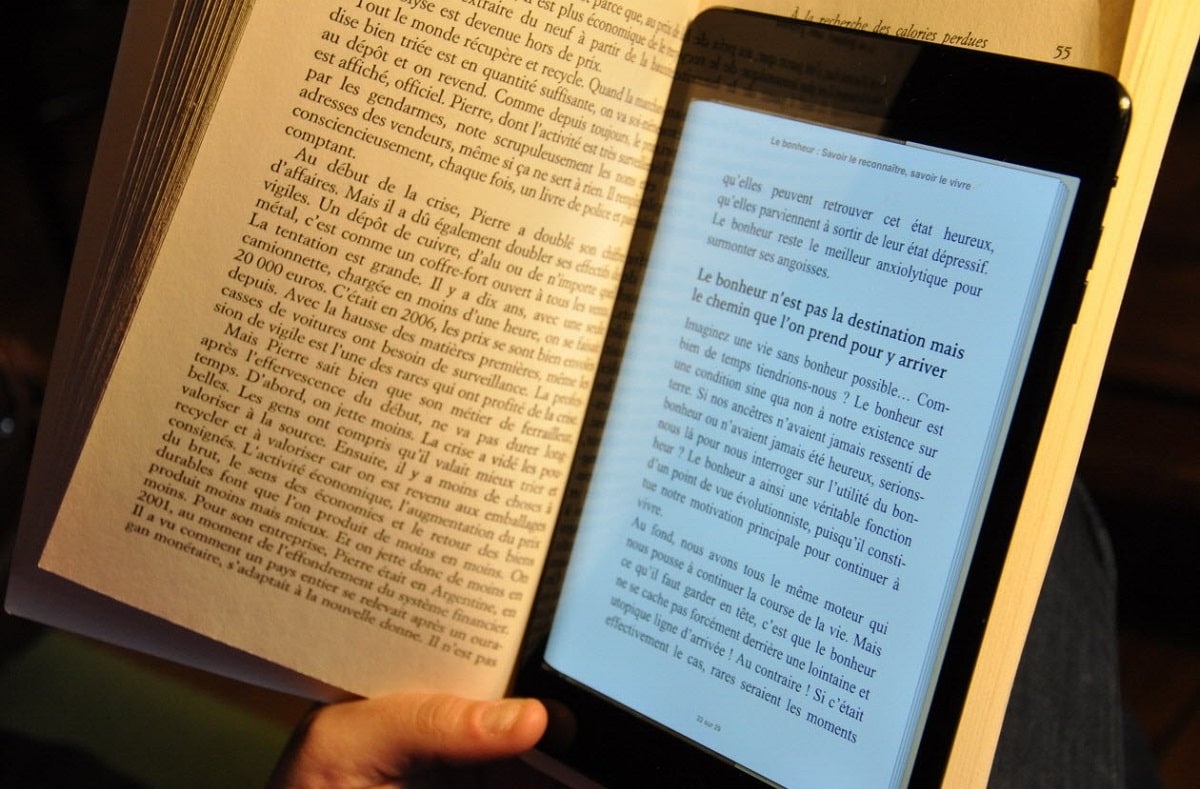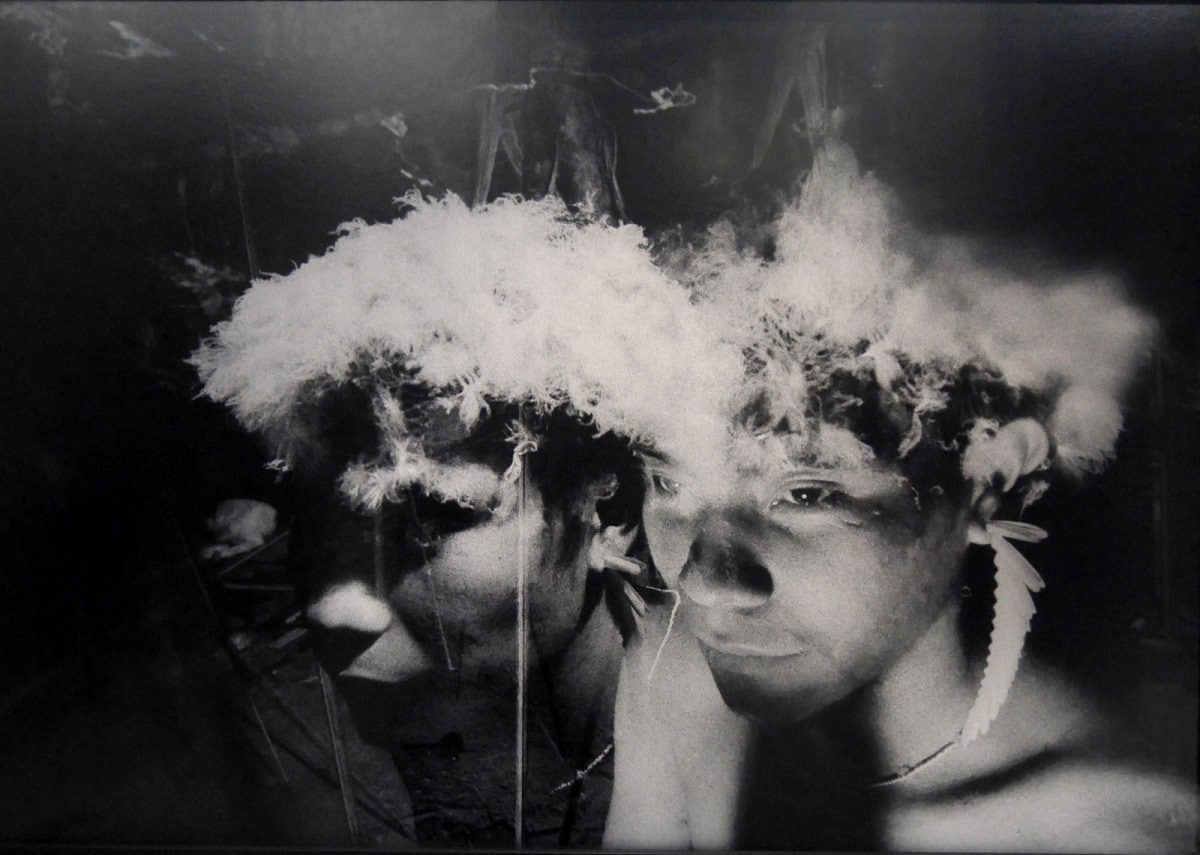In February 2019, Gallimard Editions launched a new collection of short current affairs essays entitled "Tracts/Gallimard". At a time when the public word has become an object of mistrust and when, moreover, the claim and argument of authority often take precedence over contradictory debate and critical reflection, "Tracts/Gallimard" once again welcomes texts by men and women of letters who shed light on our social and political current affairs, thus testifying to their common desire to commit themselves through an understanding of what is at stake. Faced with the coronavirus crisis and containment, a new series of "Crisis leaflets" is now available in digital version, offered to all.
These "Crisis leaflets" thus revive an editorial practice of the 1930s, when the intervention texts of André Gide (Return from the USSR) were brought together under the name "NRF Leaflets", of Thomas Mann (Warning to Europe) or Jean Giono (Refusal of obedience), witnesses, actors and consciences of their time, writers, among others, were anxious to publicly oppose their words to the slogans that were then hindering the freedom of their contemporaries. Offered to the greatest number of people, these numbered texts are intended to circulate and enrich public debate.
At the time of suspicion, there are two possible attitudes. That of disillusionment and renunciation, on the one hand, nourished by the observation that the time for reflection and the time for decision no longer have anything in common; that of renewed attention, on the other hand, evidenced by the return of the cahier de doléances and the reactivation of a debate on a national scale. Our freedom of thought, like all our other freedoms, cannot be exercised without our willingness to understand.
This is why the "Tracts" collection brings men and women of letters into the debate, by hosting essays that are in tune with their times but rich in the distance that is their own singularity. These voices must be heard everywhere, as was the case with the great "Tracts of the NRF" that appeared in the 1930s, signed by André Gide, Jules Romains, Thomas Mann or Jean Giono - who recalled in his time: "We live the words when they are right. »
May we all together revive this beautiful requirement.
Antoine Gallimard
Why Tracts/Gallimard?
A whole story, the tract, "the compendium of a treaty".
The word came from England to France under the July Monarchy in the 1830s, because it was needed, in the midst of a battle of ideas, to taunt the monarch's censorship and the politically correctness of the shop in power. To disseminate forbidden, clandestine or disturbing information in a light and popular form, brochure or loose leaf.
In the 1930s, the NRF took up the name of the Popular Front, because some of its authors, among the greatest, wanted to intervene without denying what they were: writers. Then, at the end of the 1960s, came Godard and Chris Marker's film-tracts, in video, three minutes, 50 francs.
And today, leaflets the return, on paper, Gallimard again.
There appears to be an erosion of traditional reading practices. We read fewer books and magazines, but we still want to debate and reflect. Is this a reason to fall on the other side of the horse and resign oneself to the pecking and the instantaneous, to the volatile and fragmentary reign of communication? Between the writing of the book and the information on the screen, between the solemn and the trivial, "Tracts" bets on a third way to continue to fuel the national conversation.
This mode of expression has requirements. For the author, writing, a reflection, a tone. For the reader, thirty minutes of attention, instead of two or three. For the format, less than a book; more than an article or an editorial. Polemical, if necessary, but without attack ad hominen.
Every dominant culture, in every age, calls for its counterculture. The digital screen needs counterpoints, to slow down and blow away.
Crisis leaflets
"Gallimard leaflets" is reinventing itself during our common time of containment and the fight against the pandemic. Every day, during this period of crisis, "Tracts" publishes, in digital form, short and unpublished texts by authors already published in the collection or feeling close to it. These texts are offered free of charge for download to readers; after the crisis, it will be time to gather them together and publish them in printed form in a special collection of "Tracts".
The "Crisis Leaflets", each in their own way, according to their singular tone or vision, will give an account of what is happening for all of us. We can be isolated but address everyone; let us be solitary and in solidarity, as Albert Camus invited us to do.
While today "events have stopped striking", as Jean Baudrillard wrote in other circumstances (2001), the written word has more than ever its place to help us use the right words; the right words that seize us as much as they liberate us.
Together and confined, in solidarity against the epidemic, for the sick and the carers, for all of us.
Publication at fixed times: 10 a.m., 2 p.m. or 8 p.m. (Sunday break). UP' Magazine has decided to relay these "Crisis Leaflets" in excerpts, each day, in its daily newsletter, according to its favourites and current events.
- Excerpt from "The Unity of Life" by Erik OrsennaMarch 28th, 10:00 a.m.












